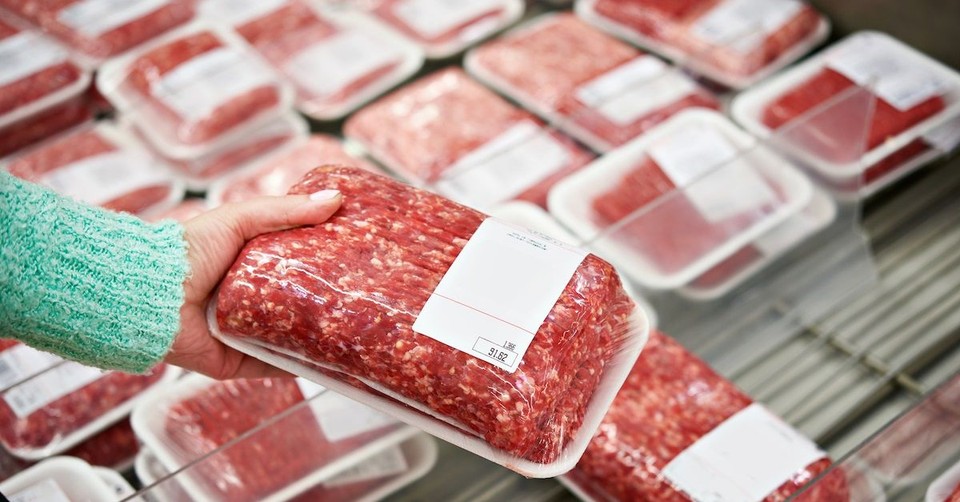What Can Christians Do to Change the Meatpacking Industry?

The following is a transcribed Video Q&A, so the text may not read like an edited article would. Scroll to the bottom to view this video in its entirety.
Many of us have heard of Upton Sinclair's novel in 1906, The Jungle, and all the terrible practices in the Chicago meat packing plants that he uncovered as a journalist and then put into novel form. Fewer of us know that when President Roosevelt, the first President Roosevelt, read The Jungle, he threw his sausages, his breakfast sausages, out the window and yelled, "I am poisoned!" And the first thing he thought about was really himself, because he realized these unclean meat practices were actually a health violation, and that led to all kinds of things, including the formation of what would become the Food & Drug Administration, the FDA, which is the government oversight over these things.
So what most of us remember about The Jungle is that it led to cleaner practices with meat, that you couldn't put animals that were already dead, you couldn't grind them up and put them in the sausage as well. There had to be some kind of regulation. But what many of us forget about The Jungle is that it's also a very human story, and it's about immigrant workers really being exploited and abused, and it's largely because they were using a factory line method to process the meat. So that means, quite simply, that one person's job would be to make this one specific cut, and they would do that cut 10,000 times a day. And you know what? More than 100 years later, it's immigrants, largely, who are doing that work, many of them undocumented, and they're doing it in the same way of 10,000 cuts a day, which leads to all kinds of injuries.
Now, in terms of what can we do about this. This cruelty to animals, on the one hand, and the cruelty to workers on the other. One of the things that drives this kind of practices is the high demand for meat. We've added more and more meat to our diet pretty much every decade for the last century, and our unwillingness to pay a little bit more for it. So I think that there are really ... the solution, if there is one, just a small step that we all can take, is one, to try to eat a little bit less meat, and then two, if we are gonna continue to eat meat, to try to pay a little bit more for it and go for the certified humane meat, to go for the free-range chickens the grass-finished beef. It always costs a little more, which means we'll eat a little less of it, which will be a little bit better for our health as well, and is a lot better for God's creatures.
But again, and I emphasize this in the book. It can be so overwhelming to realize that there are many, many, many different kinds of problems in our food system, and what I encourage people to do is just find one or two or three simple things that they can start doing today so that you make new habits, right, and then you can keep them. Instead of trying to change the whole thing at once, which you can't do anyway, you can try to eat faithfully and joyfully. Just one simple step at a time.
Originally published February 21, 2018.